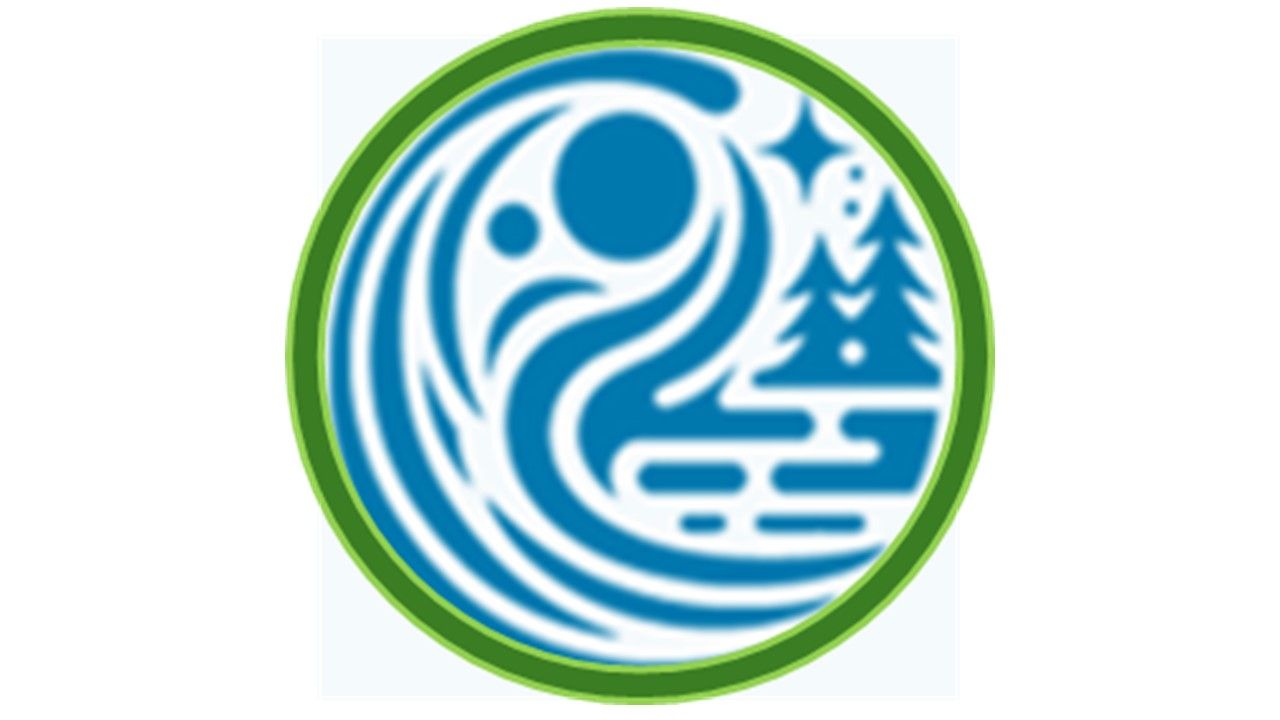Common Misconceptions About Indigenous Cultures and How to Address Them
Understanding Indigenous Cultures: A Rich Tapestry
Indigenous cultures around the world consist of a beautiful and complex tapestry of traditions, languages, and histories. Unfortunately, many people hold misconceptions about these cultures, often stemming from stereotypes and a lack of understanding. Addressing these misconceptions is crucial for fostering respect and appreciation for Indigenous peoples.

Myth: Indigenous Cultures Are Uniform
A common misconception is that all Indigenous cultures are the same. In reality, there are over 370 million Indigenous people worldwide, encompassing more than 5,000 distinct cultures. These cultures vary greatly in terms of language, customs, and beliefs. Recognizing this diversity is essential in appreciating the unique contributions of each group.
For example, the Navajo Nation in the United States and the Māori in New Zealand have vastly different languages and cultural practices. It's important to learn about each culture individually rather than assuming they share the same characteristics.

Myth: Indigenous Practices Are Outdated
Another misconception is that Indigenous practices are antiquated or irrelevant in today's world. However, many Indigenous communities have adapted their traditions to modern contexts while maintaining their cultural essence. These practices often provide valuable insights into sustainable living and environmental stewardship.
Indigenous knowledge systems, such as traditional ecological knowledge, offer unique perspectives on land management and conservation. Embracing these insights can enhance global efforts to address environmental challenges.

Confronting Misconceptions Through Education
Education is a powerful tool in addressing misconceptions about Indigenous cultures. By incorporating accurate and comprehensive information about Indigenous histories and contributions into educational curricula, we can help dismantle stereotypes and foster a more informed society.
- Encourage schools to include Indigenous history and culture in their syllabi.
- Support museums and cultural institutions that promote Indigenous knowledge.
- Engage with authentic resources created by Indigenous authors and creators.

Engaging with Indigenous Communities
Building meaningful connections with Indigenous communities can also play a significant role in dispelling misconceptions. Engaging directly with community members allows for firsthand understanding and appreciation of their traditions and perspectives.
Participating in cultural events, supporting Indigenous businesses, and respecting their rights are ways to support these communities. Listening to their voices and acknowledging their expertise can lead to more respectful and equitable relationships.
Conclusion: Moving Toward Understanding
Addressing common misconceptions about Indigenous cultures requires effort, empathy, and education. By recognizing the diversity within these cultures, valuing their contributions, and engaging with communities, we can move toward a more respectful and inclusive world. Understanding is the first step in building a future where all cultures are celebrated and respected.
